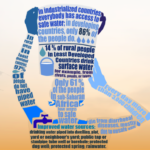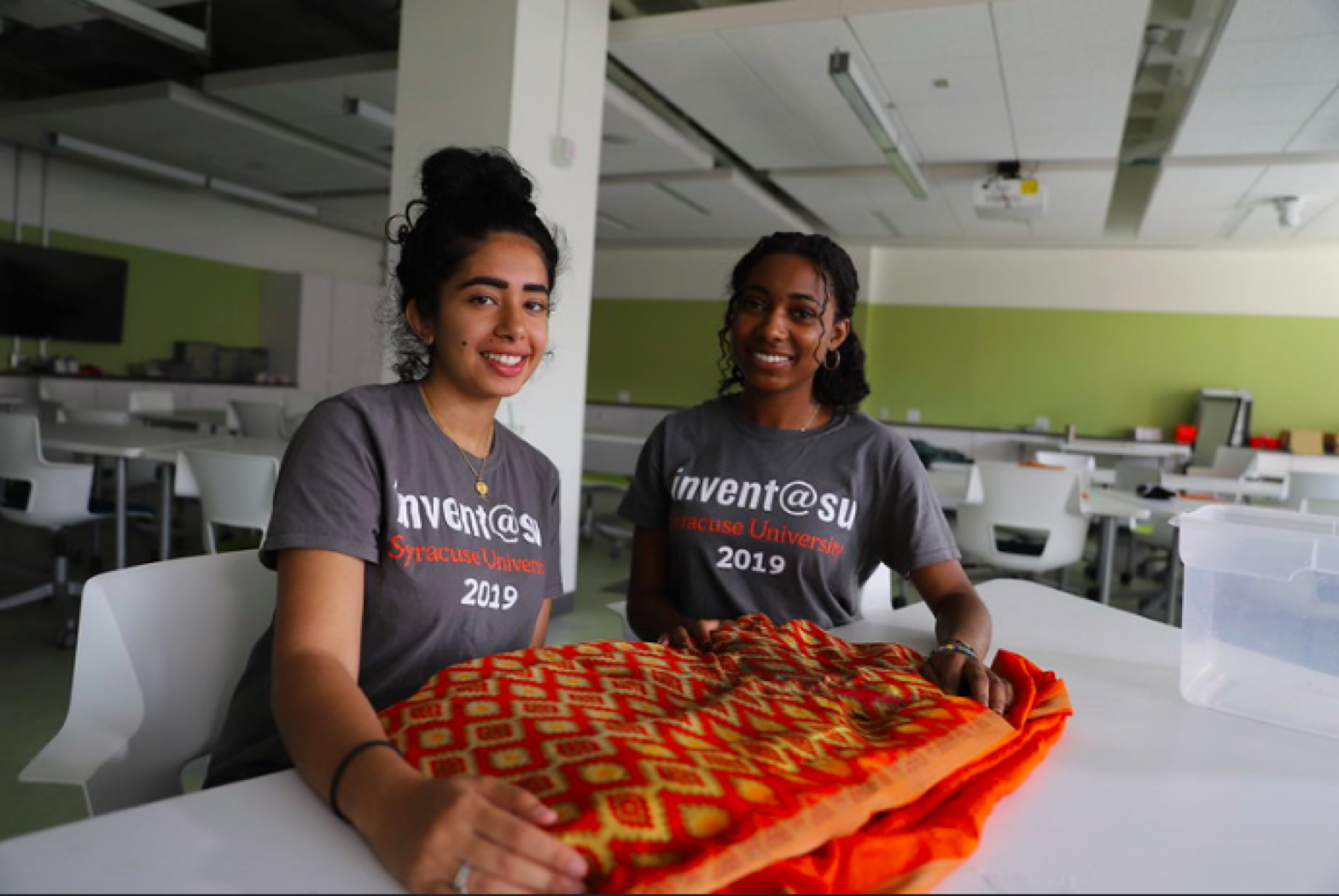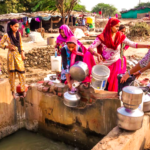
One in ten people worldwide are living without clean water. Nikita Chatterjee ’20 and Brianna Howard ’20 used last week’s World Water Week, the world’s focal point for leading water experts, decision-makers, and business leaders to educate about the global challenge of clean water, sustainability and innovative technology.

The team of Syracuse University student entrepreneurs are working on a water filtration device that bridges the gap between efficient technology and the cultural tendencies of the women in India. Recent first prize winners of Invent@SU, a prototype competition through the College of Engineering and Computer Science and the College of Visual and Performing Arts at Syracuse University, they prototyped, tested chemicals in a laboratory setting, and pitched to guest evaluators on a weekly basis to demonstrate PAANI, their water filtration device engineered into a sari cloth. The sari is a traditional Indian garment worn by women all over India, and has been used to filter water for centuries. Nikita and Brianna recognized that first world solutions cannot fix third world problems, which is why PAANI is a device that is simple, familiar and practical for the women
The team notes that over 663 million people worldwide are living without clean water, according to Chairty:Water. That is twice the population of the United States. Approximately 81% of people who face the lack of access to clean water come from the developing world. In Africa alone, women spend 40 billion hours a year walking for water. In India and Sub-Saharan Africa, women are responsible for 72% of the water collected. This keeps children and women from attending school. In addition to children missing out on an education because of the lack of access to clean water, diseases form dirty water kill more people every year than all forms of violence, including war. 43% of those deaths are children under five years old. Access to clean water and basic sanitation can save around 16,000 lives every week.

Nikita and Brianna suggest reading more about how water can improve lives at Charitywater.org — a non-profit organization that provides drinking water to people in developing nations. The water project, WaterAid, and Water.org are also organizations that contribute to providing access to clean drinking water in all developing countries. The United Nations and the World Health Organization deemed clean water a basic human right, and people all over the world are being neglected this right.
PAANI are incubating their venture in the Blackstone LaunchPad powered by Techstars at SU Libraries, and will be competing in campus, state and global competitions this academic year.